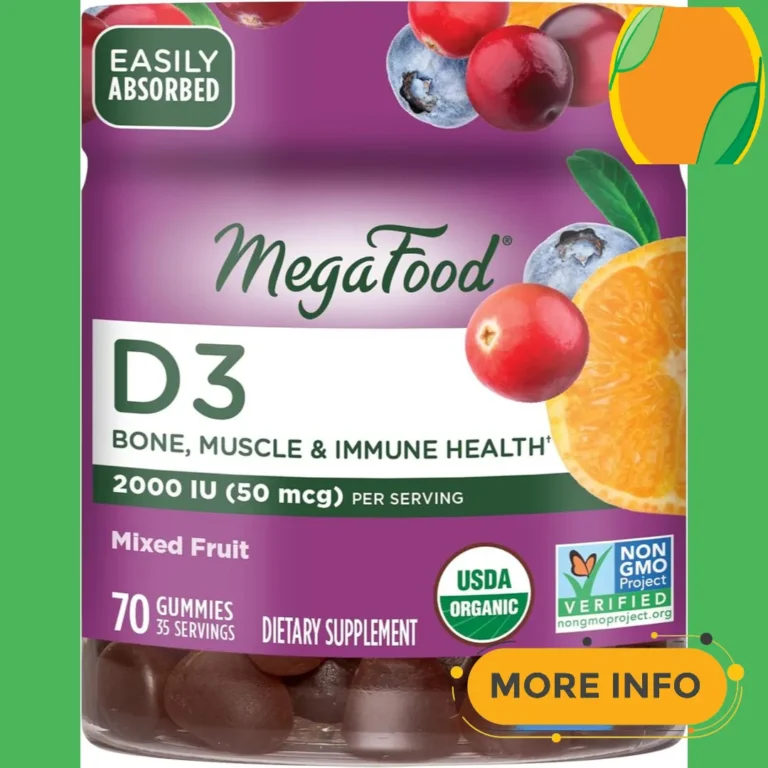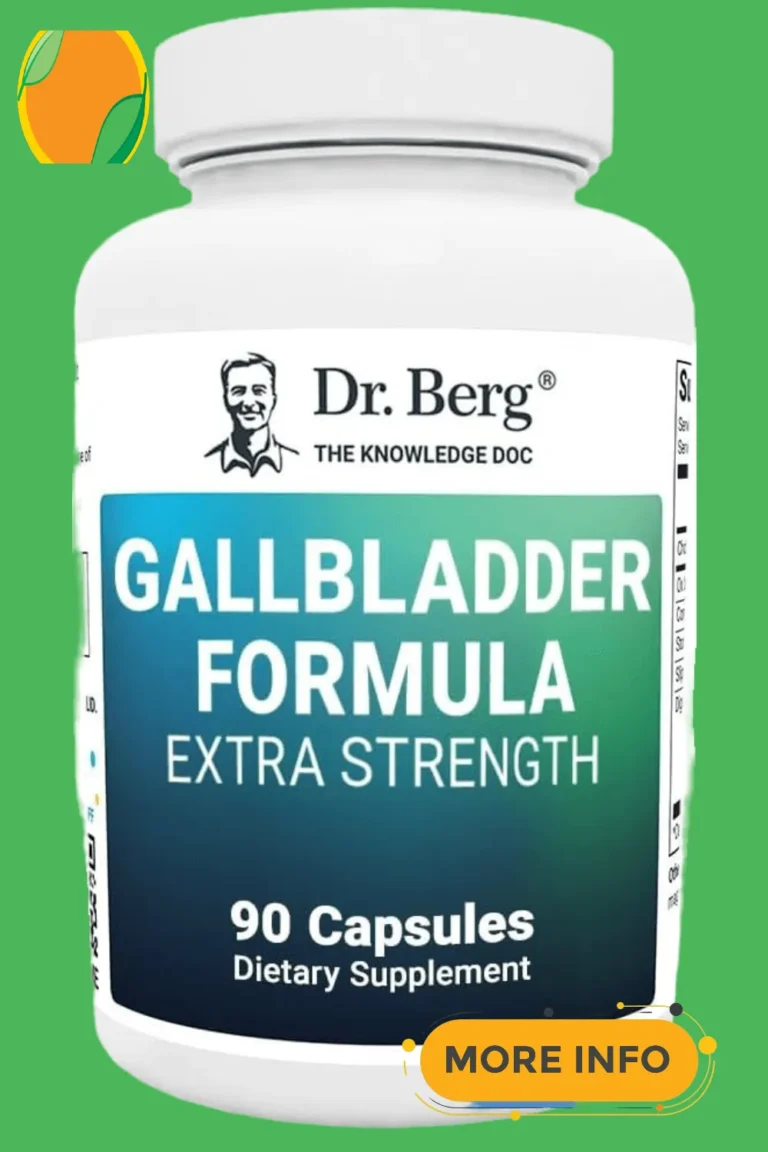Useful Knowledge On Vitamins
In a world where wellness trends come and go faster than you can say superfood, understanding the essentials of good health has never been more crucial.
Imagine unlocking the secrets to vitality, energy, and longevity with just a few simple additions to your daily routine.
Intrigued? You’re in the right place! Be in the know—read this article on Useful Knowledge On Vitamins now and discover how these tiny but mighty nutrients can transform your life.
From bolstering your immune system to enhancing cognitive function, vitamins are like nature’s magic potions that support every facet of our well-being.
Whether you’re a fitness enthusiast looking for an extra edge or simply someone who wants to feel better day-to-day, knowing which vitamins you need and why can make all the difference.
So buckle up, as we delve into the fascinating world of vitamins, demystifying their roles and revealing tips on how to incorporate them effectively into your lifestyle.
Don’t miss out; read on to become vitamin-savvy today!
In today’s fast-paced world, it can be easy to overlook the importance of maintaining a balanced diet and ensuring that our bodies receive all the essential nutrients they need.
One crucial aspect of this is ensuring that we are getting an adequate intake of vitamins, which play a vital role in supporting our overall health and well-being.
Vitamins are essential micronutrients that our bodies require in order to function properly, yet many people may not be fully aware of the importance of these nutrients or how to ensure they are getting enough of them in their diet.
In this article, we will delve into the world of vitamins, exploring their various functions, sources, and the potential consequences of deficiencies.
By reading this article, you will gain valuable insight into the role that vitamins play in maintaining optimal health, as well as practical tips on how to incorporate more of these essential nutrients into your daily routine.
Stay informed and prioritize your health by reading this article on vitamins now.
Table of Contents Useful Knowledge On Vitamins
Essential vitamins for optimal health
Ensuring optimal health and well-being involves incorporating essential vitamins into one’s daily diet.
Vitamin A, for instance, plays a crucial role in maintaining healthy vision, skin, and immune function.
Vitamin C is renowned for its antioxidant properties, aiding in wound healing and boosting the immune system.
Vitamin D is essential for strong bones and teeth, while also supporting immune health and mood regulation.
The B-complex vitamins, including B12 and folate, are vital for energy production, nervous system function, and red blood cell formation.
Finally, vitamin E acts as a powerful antioxidant, protecting cells from damage and promoting healthy skin.
By understanding and prioritizing the consumption of these essential vitamins, individuals can enhance their overall health and vitality.
Vitamin D for immune support
Vitamin D plays a crucial role in supporting the immune system and overall health.
Research has shown that vitamin D helps regulate the immune response by promoting the production of antimicrobial peptides, which are essential for fighting off infections.
Adequate levels of vitamin D have been associated with a reduced risk of respiratory infections and inflammatory conditions.
Additionally, vitamin D deficiency has been linked to an increased susceptibility to illnesses.
Ensuring sufficient intake of vitamin D through sunlight exposure, dietary sources, or supplementation can help bolster the body’s immune defenses and promote overall well-being.
As such, incorporating vitamin D into one’s daily routine is essential for maintaining a robust immune system.
Vitamin C for antioxidant benefits
Vitamin C, also known as ascorbic acid, is a powerful antioxidant essential for numerous bodily functions.
As an antioxidant, vitamin C helps protect cells from damage by neutralizing free radicals, unstable molecules that can lead to oxidative stress and contribute to chronic diseases.
Apart from its antioxidant properties, vitamin C also plays a vital role in collagen synthesis, wound healing, and immune function.
Research has demonstrated that vitamin C supports the immune system by enhancing the production and activity of white blood cells, which are crucial for fighting infections.
Furthermore, vitamin C assists in the absorption of iron from plant-based sources, strengthens blood vessels, and aids in the maintenance of healthy skin.
Incorporating vitamin C-rich foods or supplements into your daily regimen can fortify your body’s defense mechanisms and promote optimal health.
B vitamins aid energy production
The B vitamins, comprising a group of eight water-soluble nutrients, play a critical role in various metabolic processes in the body, particularly energy production.
Thiamine (B1), riboflavin (B2), niacin (B3), pantothenic acid (B5), pyridoxine (B6), biotin (B7), folate (B9), and cobalamin (B12) are essential for converting food into fuel through their involvement in the metabolism of carbohydrates, proteins, and fats.
These vitamins act as coenzymes that help enzymes catalyze reactions crucial for breaking down macronutrients and extracting energy from them.
Inadequate B vitamin intake can lead to decreased energy production, fatigue, and other related symptoms, highlighting the importance of maintaining sufficient levels of these nutrients for overall well-being and vitality.
Vitamin K for bone health
Vitamin K is an essential nutrient that has garnered attention for its significant role in bone health.
While more commonly known for its role in blood clotting, vitamin K also plays a crucial role in bone metabolism, aiding in the production of proteins necessary for bone mineralization and bone density.
Specifically, vitamin K is involved in the activation of osteocalcin, a protein responsible for binding calcium to the bone matrix, thereby contributing to bone strength and integrity.
Research suggests that adequate vitamin K intake may help reduce the risk of fractures and osteoporosis, making it a vital nutrient for maintaining optimal bone health.
Incorporating vitamin K-rich foods, such as leafy green vegetables and fermented dairy products, into your diet can be beneficial for supporting overall bone health and reducing the risk of bone-related issues.
Vitamin A for vision protection
Vitamin A plays a crucial role in maintaining healthy vision and protecting the eyes from potential damage.
This essential nutrient is known for its ability to support proper functioning of the retina, which is essential for good eyesight.
Vitamin A also helps in the production of rhodopsin, a pigment in the eyes that enables vision in low light conditions.
Additionally, vitamin A promotes the maintenance of clear corneas and prevents conditions like night blindness and dry eyes.
Including vitamin A-rich foods such as carrots, sweet potatoes, spinach, and liver in your diet can help ensure adequate intake of this vital nutrient for optimal eye health and vision protection.
Understanding vitamin E’s benefits
Vitamin E is a powerful antioxidant that plays a significant role in supporting overall health and well-being.
Its primary function is to protect cells from damage caused by free radicals, which are unstable molecules that can contribute to chronic diseases and premature aging.
By neutralizing these harmful compounds, vitamin E helps reduce inflammation, support immune function, and promote healthy skin and hair.
In addition, vitamin E is essential for proper blood circulation and may help improve cardiovascular health by preventing the buildup of plaque in the arteries.
Including vitamin E-rich foods like nuts, seeds, and leafy greens in your diet can help ensure you are reaping the many benefits of this essential nutrient.
Importance of daily vitamin intake
A daily intake of essential vitamins is crucial for maintaining optimal health and well-being.
Vitamins play a key role in numerous bodily functions, from supporting the immune system to aiding in the production of enzymes and hormones.
Adequate vitamin intake is essential for promoting growth, development, and overall vitality.
Without a balanced supply of vitamins, various health issues can arise, ranging from fatigue and weakened immunity to more severe conditions such as vitamin deficiencies and chronic diseases.
Incorporating a variety of nutrient-rich foods into your daily diet and, when necessary, supplementing with vitamins can help ensure that you meet your body’s daily nutritional requirements for optimal functioning and overall health.
In conclusion, the importance of understanding vitamins and their impact on our health cannot be overstated.
It is crucial to stay informed and educated on the role that vitamins play in maintaining our well-being.
This article has shed light on the significance of incorporating essential vitamins into our daily diets, and the potential consequences of vitamin deficiencies.
By staying informed and making informed choices, we can take proactive steps towards ensuring our health and vitality.
Remember, knowledge is power, especially when it comes to something as fundamental as our health.
FAQ
What are the benefits of taking vitamins regularly?
Taking vitamins regularly can help fill nutritional gaps in your diet, support overall health and well-being, boost immune function, improve energy levels, aid in the maintenance of healthy skin, hair, and nails, and reduce the risk of chronic diseases.
However, it’s important to consult with a healthcare provider before starting any new vitamin regimen to ensure you are taking the right vitamins in the appropriate doses for your individual needs.
How can vitamins help improve overall health and well-being?
Vitamins play a crucial role in maintaining overall health and well-being by supporting various bodily functions such as immunity, energy production, metabolism, and cell repair.
They help prevent deficiencies that can lead to various health issues, support the proper functioning of organs and systems, and contribute to overall vitality and longevity.
By ensuring adequate intake of vitamins through a balanced diet or supplementation when necessary, individuals can optimize their health, boost their immune system, and reduce the risk of chronic diseases, ultimately leading to a better quality of life.
Are there specific vitamins that are more important for certain age groups or health conditions?
Yes, certain vitamins are more important for specific age groups and health conditions.
For example, older adults may need more vitamin D and calcium for bone health, while pregnant women require higher amounts of folate and iron for fetal development.
Individuals with certain health conditions may benefit from specific vitamins, such as vitamin B12 for vegetarians or vitamin C for those with a weakened immune system.
It is important to consult with a healthcare provider to determine the appropriate vitamin intake based on age, health status, and dietary needs.
What are some common signs of vitamin deficiencies to look out for?
Common signs of vitamin deficiencies include fatigue, weakness, pale skin, brittle hair and nails, mouth ulcers, muscle cramps, poor night vision, poor wound healing, and frequent infections.
It is important to consult a healthcare provider for proper diagnosis and treatment if you suspect you may have a vitamin deficiency.
How can someone determine the right dosage of vitamins to take for their individual needs?
Determining the right dosage of vitamins for individual needs involves considering factors like age, gender, overall health, dietary habits, and any specific health conditions.
Consulting with a healthcare provider or a registered dietitian can help in assessing individual requirements and potential deficiencies.
It is important to avoid self-diagnosing and exceeding recommended daily allowances, as excessive vitamin intake can have adverse effects on health.
Regular blood tests can also help in identifying any deficiencies and monitoring the effectiveness of vitamin supplementation.







